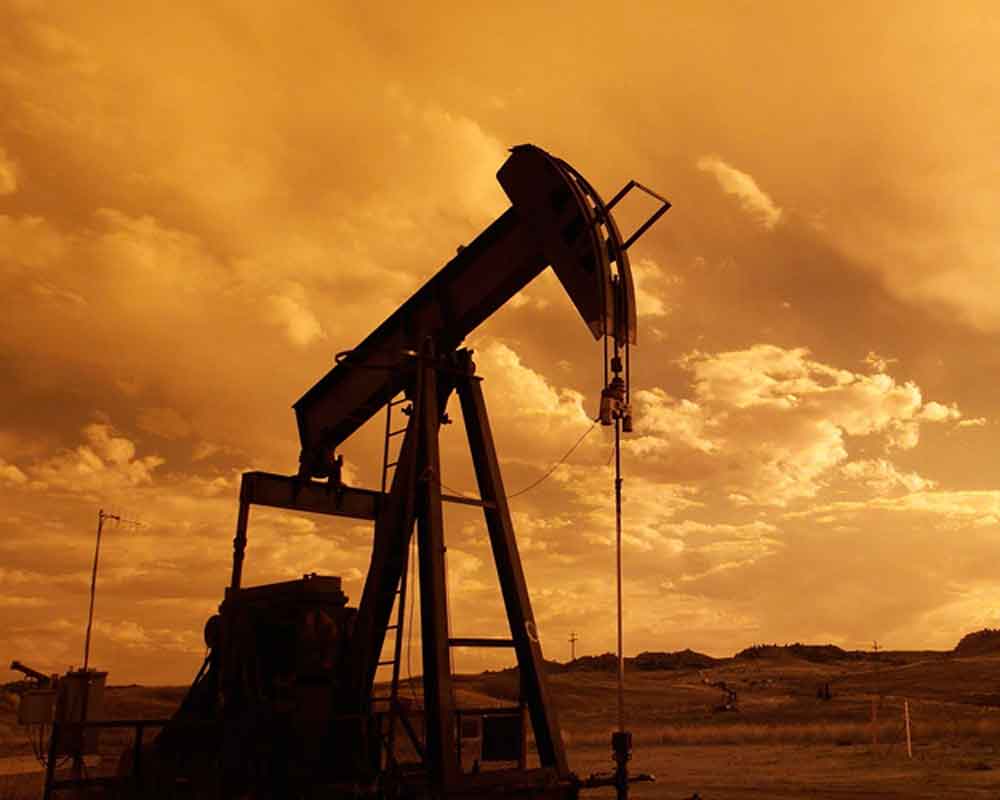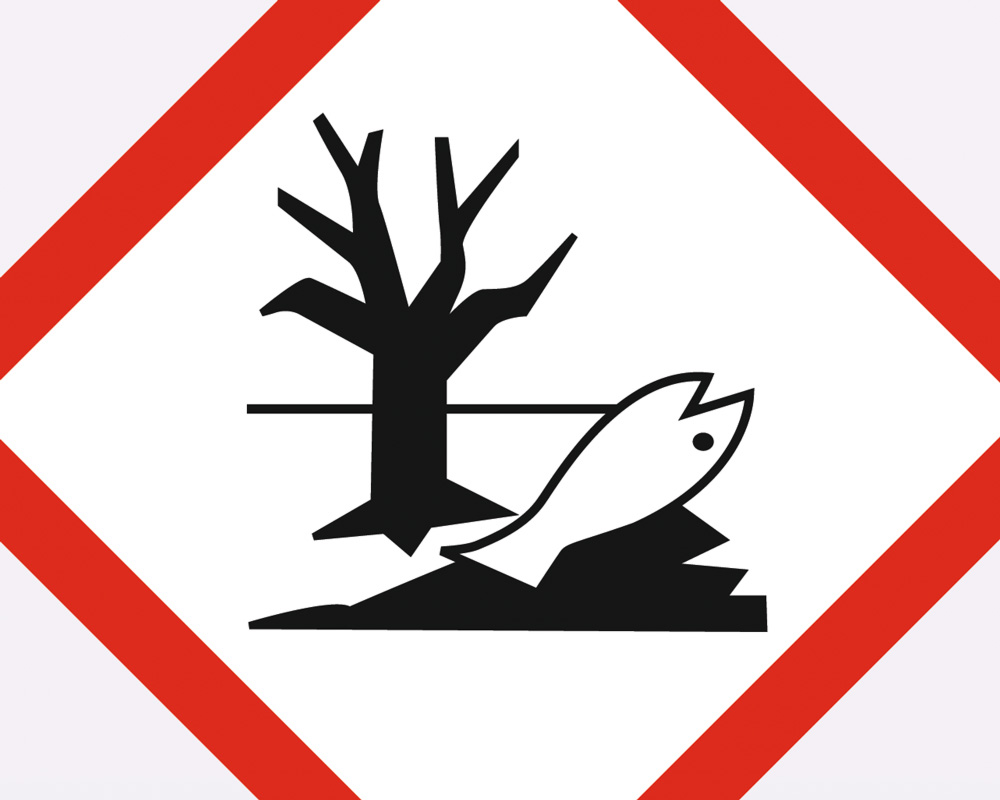We are living in a finite world. Due to the growth of world population and economy, the exploitation and extraction of natural resources are constantly increasing as well. Economy and the utilization of resources are expected to growth despite the fact that natural resources are limited. But how far can we go? In Greek mythology, Icarus, who fly too close to the sun on wings of feathers and wax was then fall into the ocean as the wax was melted due to the sun’s heat. Doesn’t this look similar to our current development which is going to collide with the limit of the natural resources?
Now, let’s have a look at the resource depletion facts.
Landuse
Losses of biodiversity due to the transformation of forests, natural grasslands into agricultural lands. In addition, the majority of current farming systems are treats for the environment. Most of the farmers adopted monoculture as their farming system, which increases the risk of losing organic matter content in the soil, depletion of nutrients and eutrophication.
Approximately 5 billion hectares of land is occupied by agriculture while forests and cities occupied 4 billion hectares and 300 million hectares respectively. It is expected to have a larger land demand both on agriculture and city due to the growth of world population, but how much land is still available for us?
Deforestation
The destruction of forests will eventually destroy the habitats of wildlife, interfere the water cycle and increase the emission of greenhouse gasses and soil erosion. Deforestation comes in forms such as urbanization, mining, forest fire, logging and agriculture. It will take no more than 100 years to completely destroy the rainforests on earth if the current rate of deforestation continues.
Click to see how much percent of wild forests left.
Fishing
Overfishing has been a problem for years. According to WWF, there has been a decrease in marine species of 39% in the past 40 years. Besides, almost 30% of world’s fish stocks are overfished and the remaining 61% are fully fished.
Water
Water is technically considered as a renewable resource because it is recycled in the water cycle. However, in terms of drinkable and usable water, it should be considered as non-renewable resource as only 2.5% of water on Earth is freshwater in which easily accessible water is only 1% and available water in only 0.01%. The natural water reservoirs may go dry if the extraction is greater than the refill. Water is so widely used that it is essential in households, industry and agriculture. The rapid growth of global agriculture has increased the water scarcity due to the large amount of irrigation. At present, about 1.7 billion of people lack access to clean water, this issue may be worsen with the continuously growth of world population if no action has been carried out.
Consumption of fossil fuels
Fossil fuels are not renewable resources, they take millions of years to produce and we can consume it in seconds. Currently, we are highly rely on fossil fuels. About 80% of world’s energy comes from fossil fuels and fossil fuels also contribute on 67% of world’s electricity generation. It is undoubtedly that the use of fossil fuels emits pollutants, hence we should find alternative for fossil fuels.
Click to see the time left to the end of oil.
Let’s take a second and think about what we can buy if there is nothing left in the world. Definitely not a blue sky nor clean air. It might be grieved and despaired to acknowledge the above facts, however there is always hope!
Support eco-friendly companies, support local business, avoid unnecessary consumption, shifting from monoculture to agroforestry, shifting from non-renewable energy to renewable energy, law enforcement to eliminate illegal logging and fishing, etc. There are a lot of things that we can and must do to sustain our natural resources and leave a better world for our future generations.
Lim Shuang Ao
Major in Environment and Sustainable Development, in the Hong Kong Polytechnic University
Intern at Fundación Vida Sostenible






Deja tu comentario
Debe iniciar sesión para escribir un comentario.